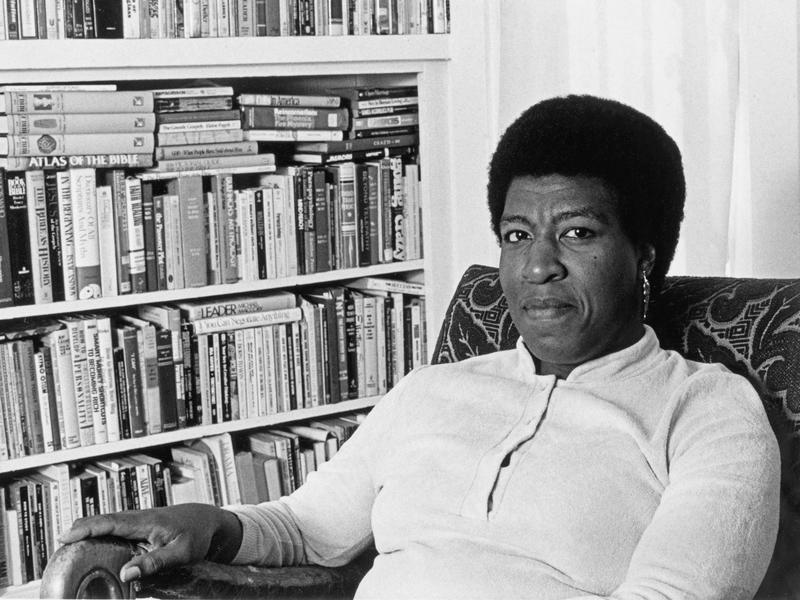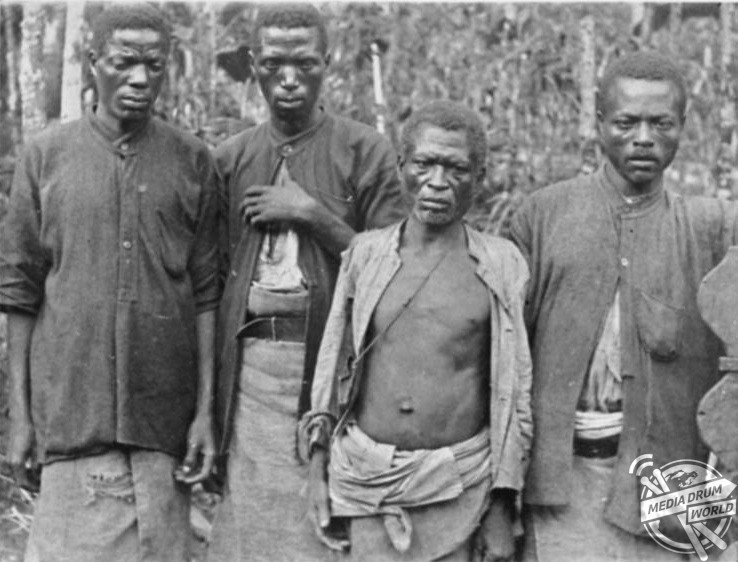Language-External Context
Rise to Writing
Octavia Butler was born June 22, 1947 to Octavia Margaret Guy and Laurice James Butler. Laurice passed away when Octavia was seven years of age; raised by her mother and maternal grandmother for the remainder of her childhood. She was raised in Pasadena, California in an integrated community in a time of widespread segregation. Occasionally, she would accompany her mother on her cleaning jobs - and witnessed mistreatment her mother suffered from her employers.
Butler attended John Muir high school and graduaded in 1965, and went on to take night classes at Pasadena city college while working during the daylight hours. While in college, she first had the idea for kindred while attending an oration on black consciousness. Butler graduated from Pasadena city college in 1968 with an associate of arts degree and a focus in history. (Gant-Britton, 16) Despite her mother's suggestion of working as a secretary, Butler worked a collection of ultimately temporary jobs that would accomidate her early-morning writing.
Octavia enrolled in the University of California, Los Angeles and took writing courses to help her in her pursuit of becoming a staple writer. There, at an open-door writer's workshop, she met a renowned science fiction author, Harllan Ellison, who recommended her to take a six week long science fiction writer's workshop in Clarion, Pennsylvania. Here She met Samuel R. Delany, who developed a long friendship with Butler over the years, and sold/published her early Childfinder and Crossover stories. (Pfeiffer, 151)
Early Writing and Kindred
Octavia was an exceedingly shy child. She spent much of her time in the central library of Pasadena - which led to her early passion of reading. She kept a large, pink notebook that was filled with much of her early writing.
She was fascinated by fairy tales, then by science fiction and fantasy; reading from magizines like Amazing Stories and Galaxy Science Fiction. Eventually, she watched the 1954 televised release of Devil Girl from Mars and decided promptly that she could write a better story: becoming determined to be successful, because evidently someone with less refined ideas of science fiction can still get a movie deal and attain a degree of commercial success.
She worked a series of jobs that accomidated her writing, usually preferring to do so in the early mornings. After tribulations in University, she eventually was able to live off of her writing after the success of her Patternist series. The writing of Kindred was affected by the common view of older older-generation African-Americans within some African-American communities; it was thought that their submission to the establishment, to white-dominated communities was a fault. Octavia Butler, through witnessing the same characteristics in her mother - saw that the submission was endurance, silence, survival; which was reflected in Kindred. Her disposition was that it wasn't as simple as standing up and throwing off generations of oppression and subjugation - that when the whole of a society is pitted against you that survival in itself was virtue.
Death and Legacy
Octavia Butler, during the later days of her life, struggled with both writer's block and depression. (Logan) Which could have been side effects of a medication that she was taking to treat high blood pressure. She continued to both participate in and teach at Clarion's science fiction writer's workshop at regular times and was inducted into Chicago state University's international black writers hall of fame in 2005. (Hatch)
Although there are conflicting reports of how Octavia Butler died, most accept that it was the combination of a fatal stroke and a fall down the stairs of her home in 2006.
The Inspiration for Kindred
Kindred was, specifically, a response to an unnamed young man's speech about raising black consciousness. This man would express his shame of the older generations of African-Americans, critizing them for their subservience to the white establishment; going on to claim that they were traitors to their race. (Butler, 15) This zeal within some African-American communities inspired her to create a novel that provided historical accuracy and context that would help new generations understand the struggles of the previous; that silent endurance wasn't misinterpreted as sullen subservience.

